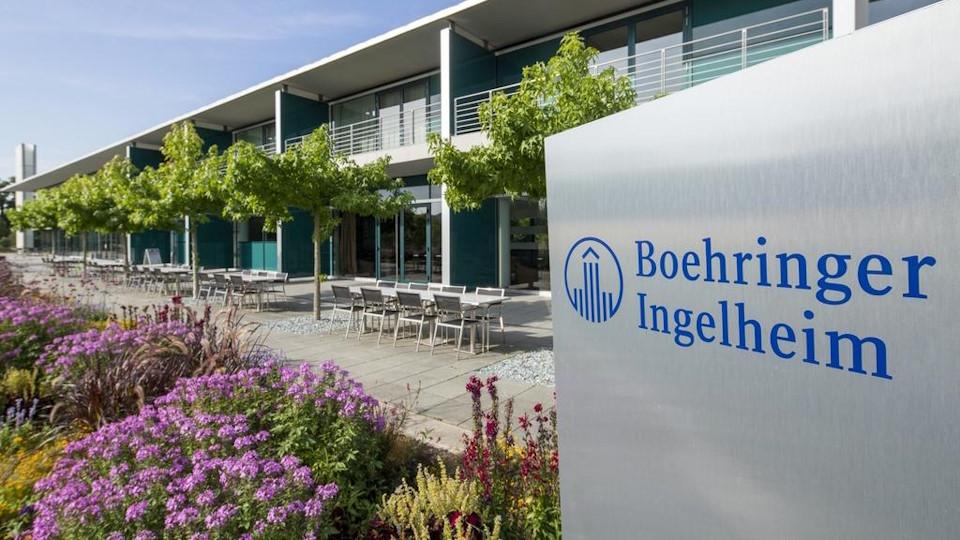Boehringer drug scores in another pulmonary fibrosis trial

Boehringer Ingelheim has a second positive trial under its belt for nerandomilast in pulmonary fibrosis, setting up regulatory filings.
The new data from the 1,178-patient FIBRONEER-ILD study showed that the oral PDE 4B inhibitor was able to improve lung function in patients with progressive pulmonary fibrosis (PPF), a form of interstitial lung disease (ILD).
Last September, the FIBRONEER-IPF trial also showed an improvement in lung function with the drug in patients with idiopathic pulmonary fibrosis (IPF), another ILD subtype that tends to be less prone to swift progression than PPF.
The two positive studies mean that Boehringer can now seek approval for nerandomilast with a broad label claim in pulmonary fibrosis, making the drug a potential successor to its $3.6 billion-a-year blockbuster IPF therapy Ofev (nintedanib).
Topline data from FIBRONEER-ILD showed that nerandomilast met its primary endpoint, which was the absolute change from baseline in forced vital capacity (FVC) – how much air a patient can exhale after taking in a full breath – compared to placebo after a year's treatment.
The FIBRONEER-IPF trial used the same endpoint and had a similar outcome, and both studies suggest that nerandomilast is well tolerated with a side-effect profile that is comparable to placebo, according to Boehringer, which said it will now press ahead with submitting marketing applications for nerandomilast to the US FDA and other health authorities worldwide.
"The hope is that the safety and tolerability profile we are initially seeing could potentially help to reduce treatment challenges," said Shashank Deshpande, head of the privately-held German pharma group's human pharma division.
In IPF and PPF, the lungs become increasingly damaged by scar tissue, resulting in breathing getting progressively more difficult, and it is generally considered a terminal illness despite the availability of drug treatments. It has an average survival time of only three to five years from diagnosis.
Currently approved treatments are Ofev and Roche's kinase inhibitor Esbriet (pirfenidone) – the latter now available in generic form – which have also been shown to slow down the decline in lung function, but have sometimes resulted in troublesome side effects.
Ofev, for example, causes gastrointestinal symptoms like diarrhoea, nausea, and stomach pain in around two-thirds of patients, and discontinuation rates for both drugs are high.
Boehringer's drug is due to start losing patent protection in 2029, and the company is hoping to bring nerandomilast to market before then to defend its IPF franchise.
The future of another experimental oral pulmonary fibrosis treatment – Pliant Therapeutics' αvβ6 and αvβ1 integrin inhibitor bexotegrast – is being debated after the company announced a pause in its phase 2b/3 trial of the drug due to a safety signal.












